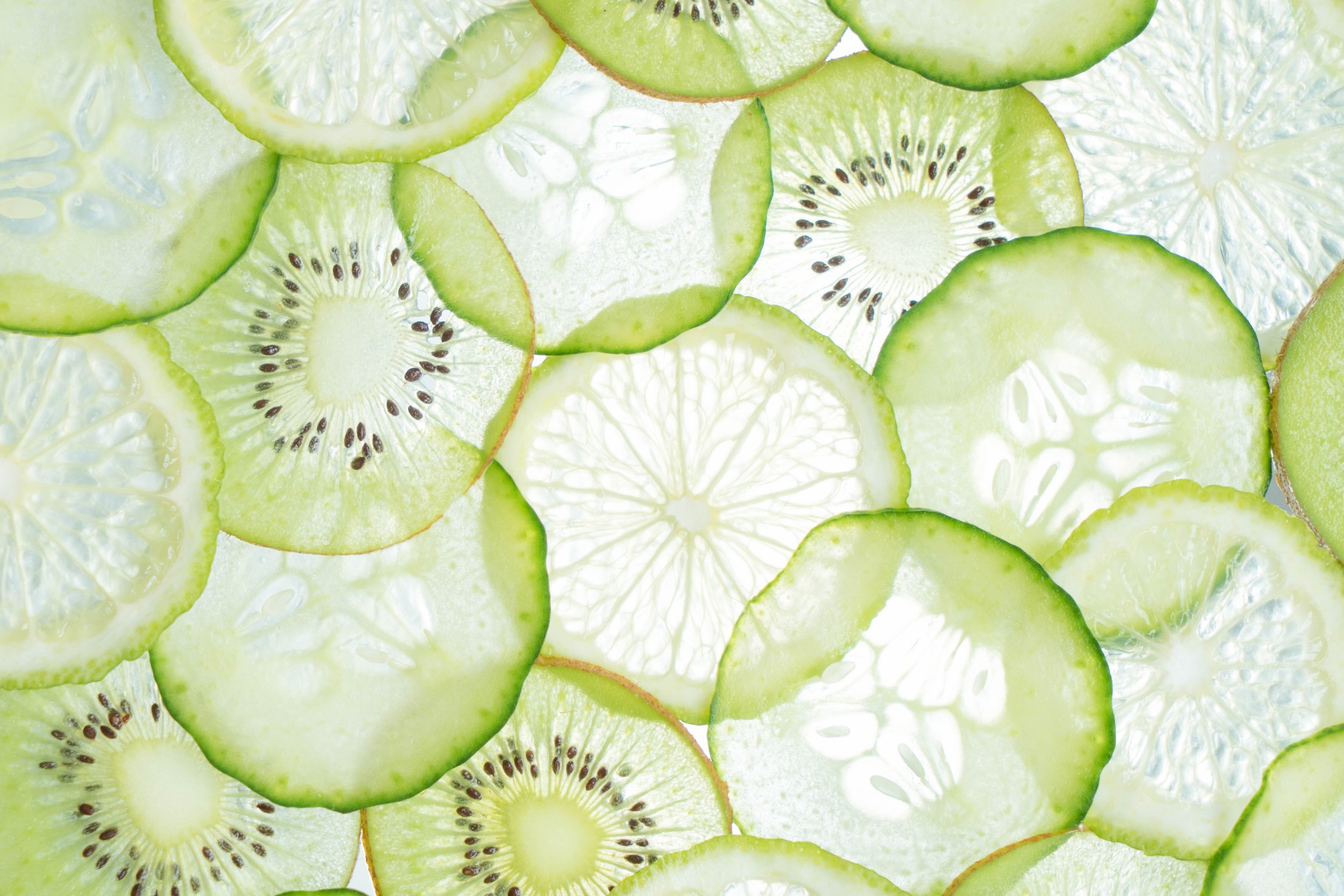Ways to Support Your Microbiome
Gut Health and the MicroBiome
Healthy Digestion is the Foundation of Health
The health of your body is not just up to you… it is supported by trillions of microorganisms that help you fight off germs, process mucus, and digest your food. This ecological community of microbes is spread out all over your entire body, supporting its daily functions and allowing your system to function, heal, grow, and thrive- called the “microbiome.”
We are finding that a strong and diverse microbiome is essential for health. The largest concentration of your microbiome is found within the large and small intestines, but it is spread out over the entire body as well.
Harvard Medical states that “The microbiome is even labeled a supporting organ because it plays so many key roles in promoting the smooth daily operations of the human body.”
The human microbiome is a “collection of all the microorganisms living in association with the human body. These communities consist of a variety of microorganisms that include eukaryotes, archaea, bacteria, and viruses.” Many of these microorganisms have a symbiotic relationship with our body and are essential to our health. They help to aid digestion, assimilate vitamins, regulate our immune system, and help produce anti-inflammatory compounds.
The microbiome consists of not only beneficial organisms that help to create a symbiotic relationship, but there are also ones, pathogenic bacteria, that can wreak havoc and cause issues. The main focus is to keep the balance in your favor. Research shows that imbalances within your microbiome can lead to a variety of diseases, also the possibility that understanding these microbes can help to figure out and treat disease as well.
Recently much focus has been on learning about the microbiome that resides abundantly within areas such as the skin, nose, mouth, urinary tract, and gut. The Human Microbiome project, developed in 2008 is a research project funded by the NIH to gather data and analyze the function of the microbiome in regards to health and disease. The data collection has taken many years because “Bacteria in an average human body number ten times more than human cells, for a total of about 1000 more genes than are present in the human genome.”
These organisms are so small, but still take up 1-3% of our body mass, weighing 2 to 6 pounds! Meaning we are more than just human beings, we are complete ecosystems that survive and thrive due to the help of trillions of bacteria found within our hair, scalp, mouth, nose, and digestive system.
Harvard Medical states that “In a healthy body, pathogenic and symbiotic microbiota coexist without problems. But if there is a disturbance in that balance—brought on by infectious illnesses, certain diets, or the prolonged use of antibiotics or other bacteria-destroying medications—dysbiosis occurs, stopping these normal interactions. As a result, the body may become more susceptible to disease.”
The digestive system is such a complex area of study and a healthy digestive system is crucial to our overall health. With around 70% of our immune system within our gut, I would say that healthy digestion is the foundation of our health. An unhealthy digestive system can contribute to a wide range of imbalances and diseases such as metabolic disease, diabetes, obesity, depression, chronic fatigue, heart disease, asthma, multiple sclerosis, and various autoimmune conditions. We also know that about 90% of our serotonin, or happiness neurotransmitter is produced in the gut, so a happy gut happy self!
Ways to Support your Microbiome
Eat a wide variety of foods- This is an important one! I know it is very easy to get stuck in a routine of foods that you like to eat, or that are easy to prepare, but the body thrives from a wide variety of fruits, vegetables and grains. So make sure you’re feeding yourself diverse nutrients, vitamins, and minerals every day.
High fiber diet- Having the bulk of your diet be plant based is a great way to help support your health. Many plants are full of indigestible carbohydrates and fibers like inulin, and are a great source of prebiotics—food for our microbiota. See below for a list of prebiotic food sources.
Fermented foods- Probiotic foods contain beneficial live microbiota may further enhance one’s microbiome. See below for a list of probiotic food sources.
Keep your blood sugar stable- imbalances of blood sugar feed bad gut bacteria
Keep stress in check- Activities such as mindfulness and meditation help to active our parasympathetic nervous system and allow our digestive system to have time to rest and heal. Prolonged states of stress can cause too many stress hormones to tax the immune system can cause imbalance and disease.
Eat all the healthy Fats- omega 3 fatty acids, salmon sardine, seaweed, coconut olive
Humic Substances Supplements- Humic and Fulvic acids help to stimulate the immune system and can help to detoxify environmental toxins and chemicals from the body. This is one of my favorite products. (Use discount code - wildearth)
Get outside barefoot- Just getting outside and taking a few deep breaths will help your overall mood, but walking barefoot on the earth has been shown to not only improve ones mood, balance, proprioception, and body awareness but can also regulate our autonomic nervous system and help with things like sleep and stress. And as we are learning here all our systems are connected so your mood, boost your immune system and boost your GI health. Get that Qi flowing!
Filter your drinking water- Chlorine, bacteria and heavy metal can all be hiding within your tap water, so find yourself a good water filter (this is my favorite) and stay hydrated! Your water will not only taste better but your body will thank you.
Breast Milk- Breast milk is stocked full of nutrients and immune support, so if you are a new momma and are lactating, remember the importance of giving breast milk to your child.
Things that Compromise Microbiome Balance- Especially in the Digestive System
Prolonged use of pharmaceuticals such as antibiotics, birth control, NSAIDS
Refined sugar/carbohydrates
Overly processed foods
Environmental toxins/ toxins found within beauty and home products
Chronic stress
Foods to help Boost Gut Health
Eating a diet with low to no sugar, processed foods, dairy and gluten
A high-quality probiotic supplement- Supplementing the diet with a high-quality probiotic tablet can be just the boost one needs to get the digestive system back on track. Make sure to choose a high-quality brand to ensure that you are getting live strains, especially of Lactobacillus, Bifidobacterium, and Saccharomyces
Fermented foods- Instead of supplementing (or combined with for that matter), fermented foods are a great source of probiotics within the diet… Think pickles!
Eating a vegetable-based diet- organic if possible- Fiber is a great way to help support the G I tract, especially if they are free of harsh chemical additives and fertilizers.
Bone broth- This nourishing liquid is so amazing for GI health, able to help promote the integrity of the GI tract while decreasing inflammation. It is very versatile and can be drank alone or added to many recipes.
Herbal digestive teas- Herbs such as fennel, ginger, cardamom, and turmeric help to warm up and boost digestive function.
Prebiotics and Probiotics
Probiotics are foods or supplements that contain live microorganisms that can help to maintain a healthy balance of the body's microbiome. Prebiotics are the food that the microbiome eats. Often the analogy used to make sense of this is— that the probiotics are adding soldiers to the army of the GI tract, while prebiotics are more fuel to keep those tiny soldiers happy.
Sources of Prebiotics
Garlic, Onions, Leeks,
Asparagus, Jerusalem artichokes,
Dandelion greens
Bananas
Seaweed
In general- fruits, vegetables, beans
Whole grains like wheat, oats, and barley
Sources of Probiotics
Kefir, yogurt with active cultures
Pickled vegetables, Kimchi
Tempeh
Kombucha tea
Miso
Sauerkraut.
Pro Tips
Focus on creating a low tox* ecosystem in your home. Try to switch out at least one toxic product from within your home and switch to a more natural option. My favorite app Think Dirty can help you check the cleanliness scale of products.
Try to help your body detox and unwanted chemicals and environmental toxins from your system , such as glpyoshate.
Use herbs to help heal- such as marshmallow, chamomile, cardamom, fennel and mint.
Shop organically whenever possible, even better grow your own! Check out the Environmental Working Groups Clean fifteen and dirty Dozen to make informed choices.
Shop locally and eat seasonally when possible to help support the local ecosystem, local economy, community and farms.
Sources
1. Human MicroBiome Project - http://hmpdacc.org
2. https://www.hsph.harvard.edu/nutritionsource/microbiome/
Please feel free to contact me for more information!





